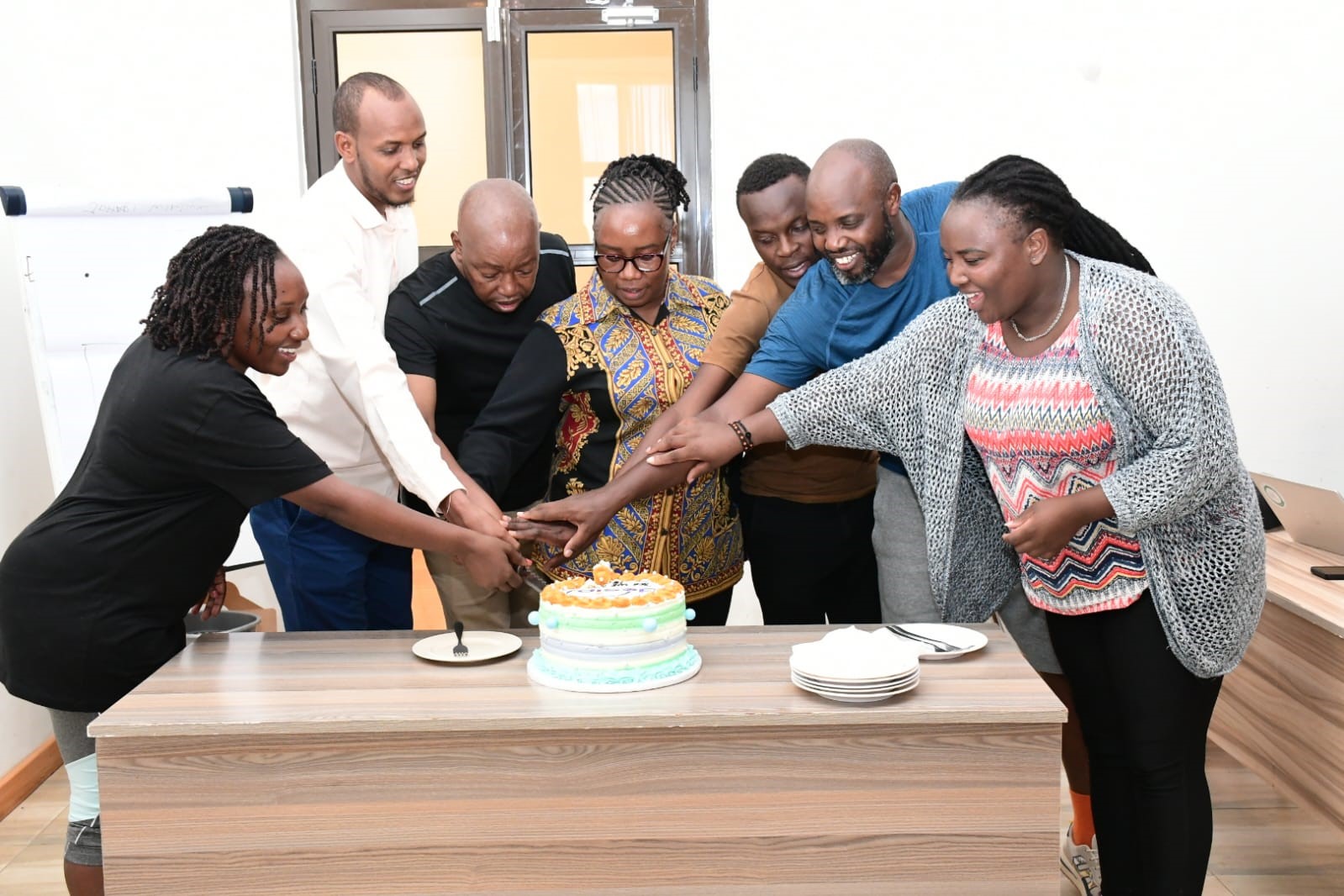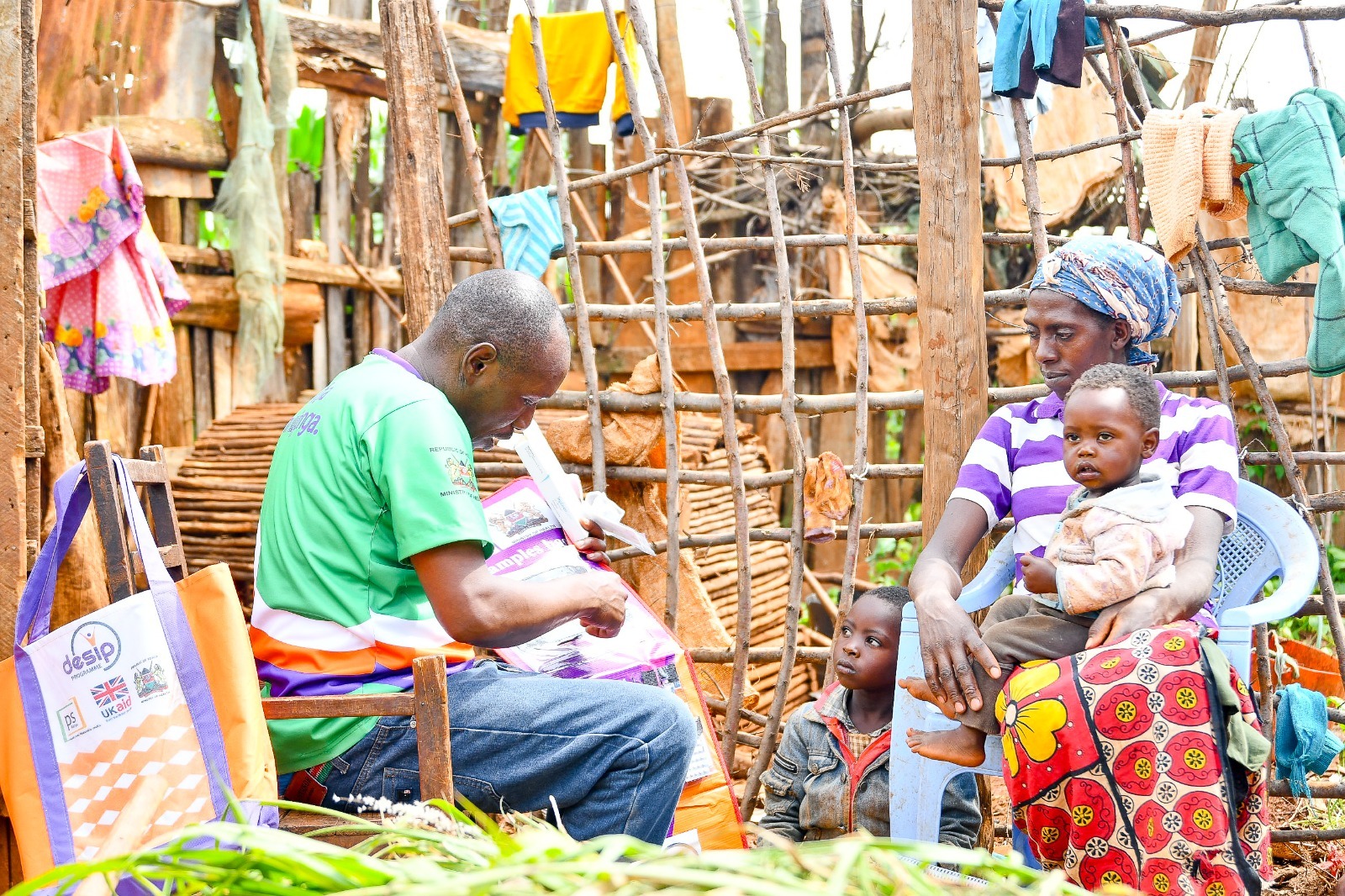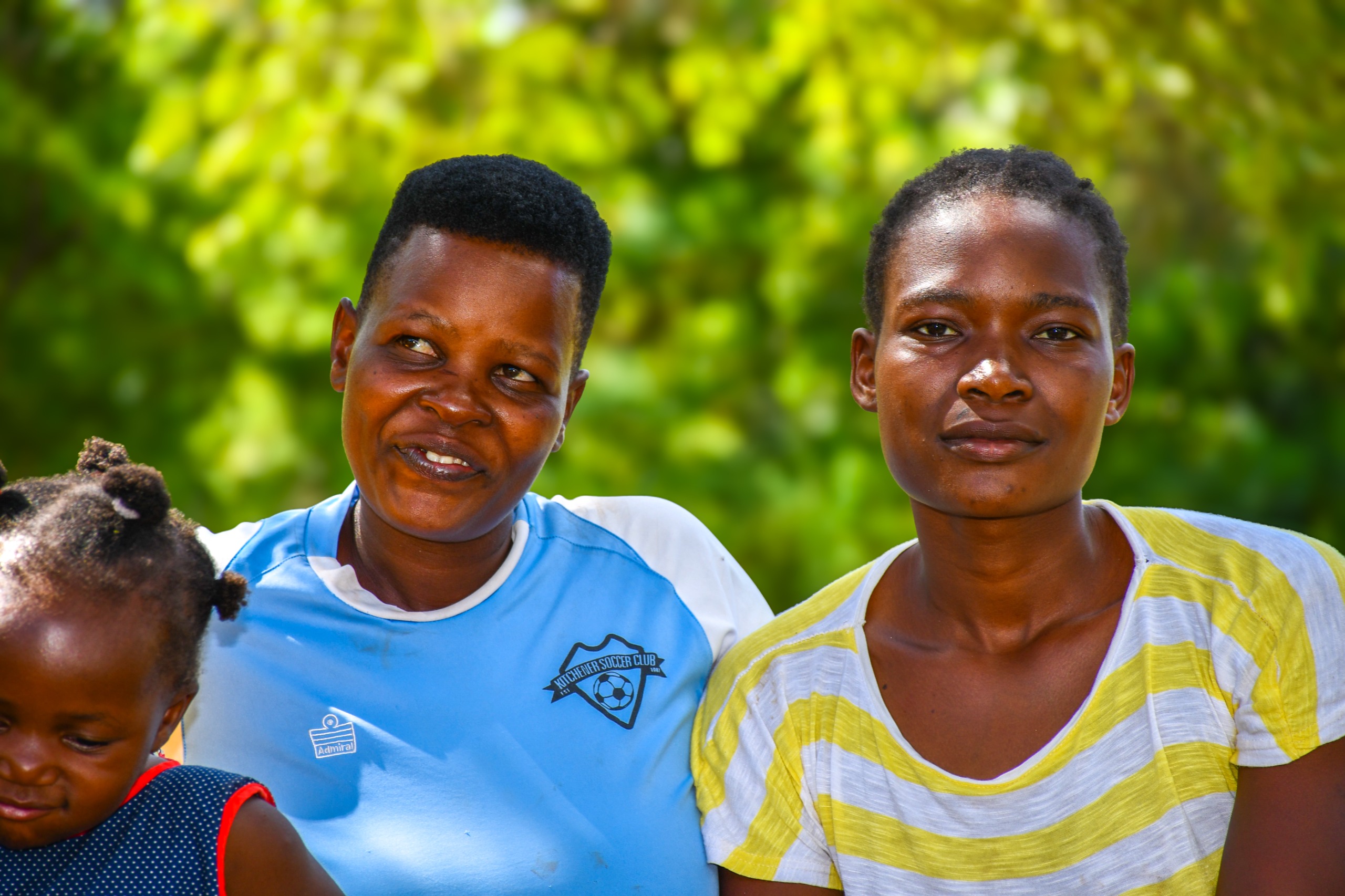The second annual YouTH Voices summit event took place from December 1–3, 2022, at AMREF International University in Nairobi, Kenya. This year’s theme ‘Activating Youth Leadership Towards Universal Health Coverage (UHC)’ brought together youth leaders who are dedicated to working towards the achievement of UHC, exchange best practices, highlight innovative ideas, and spark dialogue that will shape policies for youth-responsive health systems.
Kenya adopted UHC as part of its ‘Big Four Agenda’ in the hope that the public would be able to access health services without financial hardship. The government’s directive to have every Kenyan enrolled in the National Health Insurance Fund (NHIF) is yet to come to pass for many of the youth in Kenya, and yet they make up two-thirds of the country’s population. This means that a sizable share of Kenyans who use and provide healthcare services through both formal and informal structures are young people. The youth are noticeably absent from the public conversation surrounding the implementation of UHC, a recognizable barrier to the implementation of the agenda.
PS Kenya engages the youth in matters of health in a number of programs; for example, the A360 Program focuses on teenage and adolescent mothers up to the age of 18. It starts by understanding her and placing her needs first. Through this, it not only teaches them about different contraception methods but also empowers them with skills such as hairdressing, plumbing, and soap-making among others.

“Actively engaging adolescents and young people in programming to design interventions that best suit their SRHR needs leads to better results,” says Pauline Nzuki, Youth Innovation Champion, PS Kenya.
The organization also works with a number of youth-led community-based organizations, such as the Kadzandani Creative Youth Organization and the County Youth and Adolescent Network, under their umbrella body, known as the Inua Grassroot Network. The network aims at empowering CBOs with skills such as resource mobilization and financial management in order to achieve impact at scale.
People aged 15–24 are a crucial demographic whose health status directly affects the socioeconomic status of Kenya. They begin engaging in sexual activity at a young age with a low use of contraception, translating to a high unmet need for contraceptives. PS Kenya has identified this as one of the priority target audiences in dire need of specifically tailored interventions that address their unique needs.

“PS Kenya recognizes that addressing the SRH needs of the youth would significantly improve the current national SRH indicators and guarantee a healthy future generation,” says Gladys Someren, Family Planning Technical Specialist, PS Kenya.
As an organization, we believe that actively engaging the youth in matters that address their healthcare challenges and concerns and adopting their innovative ideas will help secure the nation’s future in healthcare leadership and improve the provision of healthcare services by leveraging on best practices.



